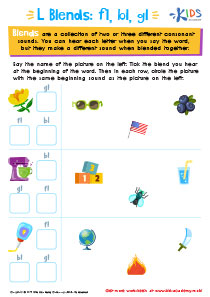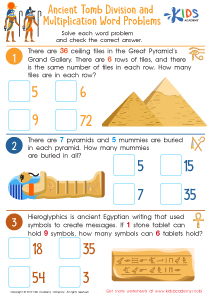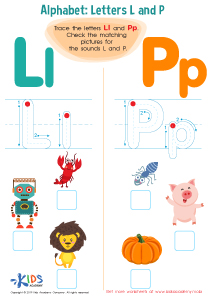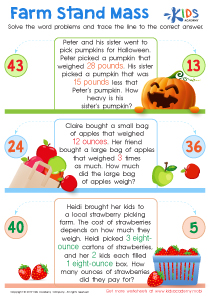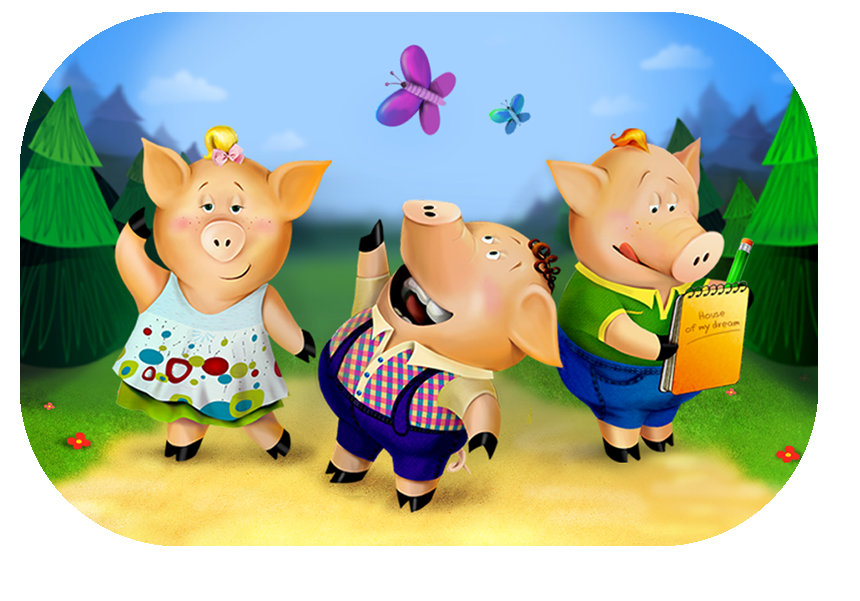English Language Arts Lessons | Phonological Awareness, Kindergarten
0 results
Introducing our Phonological Awareness Lessons designed specifically for Kindergarten children! Our interactive worksheets and educational videos provide a fun and engaging way to develop important listening and language skills. With a focus on rhyming, segmenting, blending and manipulating sounds, our lessons provide a solid foundation for early reading and writing. We also offer assessment quizzes to help track progress and ensure understanding. By using different techniques to reinforce the concepts, our Phonological Awareness Lessons make learning fun and effective. Give your child the best start in literacy development with our Phonological Awareness Lessons.
Phonological Awareness Lessons: Helping Kids Build Strong Foundations in Their Studies
Phonological awareness is the foundation of reading and writing skills that children develop in Kindergarten. Children learn to recognize and differentiate between different sounds in words, syllables, and letters. Phonological awareness also includes the ability to manipulate sounds in spoken language, which helps children to develop stronger phonemic awareness.
As educators, it is essential to invest our time, effort, and resources in providing phonological awareness lessons to children in Kindergarten. Interactive worksheets, educational videos, and assessment quizzes are some of the ways to engage children in the learning process. The following are ways in which phonological awareness lessons help children in their studies.
1. Develops strong literacy skills
Phonological awareness lessons help children to develop strong literacy skills. Children learn to identify and recognize the sounds in words, which helps them to match letters and words in a printed text. This skill is crucial for reading comprehension and fluency. Additionally, phonological awareness lessons help children to develop better writing skills since they learn the structure of words, which improves their spelling and word usage.
2. Fosters stronger cognitive abilities
Phonological awareness lessons help children to develop stronger cognitive abilities. Children learn to organize and categorize sounds and words, which helps them to comprehend and recall information better. Additionally, children develop a better sense of phonemic awareness, which helps them to manipulate and use sounds in their communication.
3. Enhances language skills
Phonological awareness lessons help to enhance children's language skills. Children learn to differentiate between different sounds, which improves their pronunciation and articulation skills. Additionally, children learn to recognize and create rhyming words, which helps to improve their vocabulary and communication skills.
4. Improves social and emotional skills
Phonological awareness lessons improve children's social and emotional skills. By engaging children in interactive worksheets, educational videos, and assessment quizzes, children learn to work with others and develop teamwork skills. Additionally, children develop a sense of achievement when they answer questions correctly, which improves their self-esteem and confidence.
5. Provides an early intervention for reading difficulties
Phonological awareness lessons can provide an early intervention for children who experience difficulties in reading and writing. Children who struggle with phonological awareness have difficulty recognizing and differentiating between sounds, which hinders their ability to read and write.
